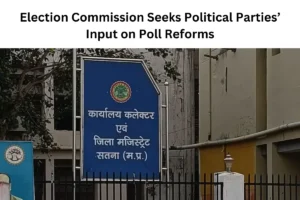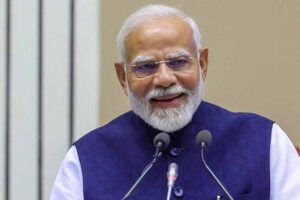
Supreme Court to Combat Caste Discrimination in Educational Institutions
The Supreme Court called caste discrimination in educational institutions a sensitive issue. On Friday, they announced plans to create an effective system to fight this problem.
The court asked the University Grants Commission (UGC) to submit data. They must do this within six weeks. This data should cover complaints about discrimination in universities and higher education. It should also detail the actions taken in response.
Justices Surya Kant and Ujjal Bhuyan led the bench. They ordered UGC to draft new regulations. These rules would prevent caste discrimination in central, state, private, and deemed universities.
The bench emphasized their awareness of the issue. They promised action to make the 2012 UGC equity regulations effective.
The court sought a response from the Centre on this matter. They also wanted to know which institutions had followed the 2012 regulations by setting up equal opportunity cells.
Senior advocate Indira Jaising represented the mothers of students Rohith Vemula and Payal Tadvi. Both students reportedly died by suicide after facing caste discrimination. Jaising highlighted that over 50 students, mostly from SC/ST communities, had taken their lives in IITs and other institutions due to similar issues since 2004.
Vemula died in 2016 while studying at Hyderabad Central University. Tadvi passed away in 2019 at TN Topiwala National Medical College after alleged discrimination by her peers.
The bench noted a lack of substantial hearings on a related PIL since 2019. They decided to periodically review the petition to push for solutions.
The UGC counsel explained that a committee had suggested new regulations to combat discrimination. These draft regulations would be available for public feedback before finalization.
The judges criticized UGC for the delay in implementing new regulations, urging them to finalize and notify within a month.
The court also involved Solicitor General Tushar Mehta and the National Assessment and Accreditation Council for further advice.
The 2019 PIL aims to enforce fundamental rights like equality and non-discrimination. It pointed out widespread caste discrimination in educational institutions across India.
The petitioners demand strict enforcement of the 2012 regulations. They want all educational bodies to follow these rules fully and establish equal opportunity cells with diverse representation to maintain impartiality.
Lastly, they seek directives for universities to take disciplinary action against caste-based victimization and ensure a hostile-free environment for students.
for more updates follow ANN MEDIA on facebook , X , Instagram and Linkedin







